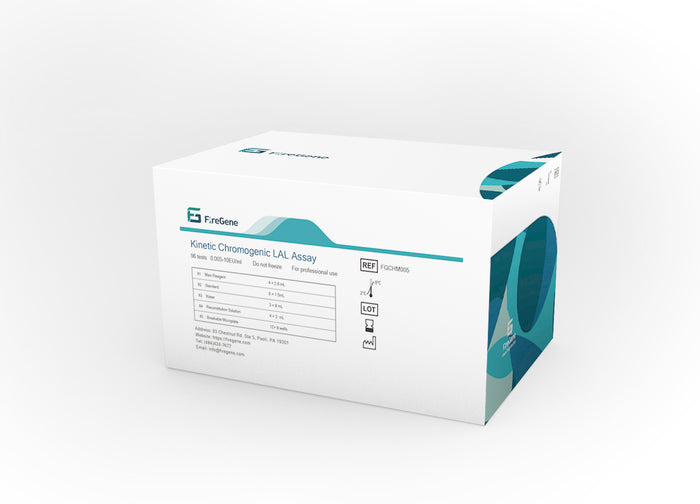
。
# Endotoxin Quantification Using Chromogenic Assay Kit
## Introduction to Endotoxin Detection
Endotoxins, also known as lipopolysaccharides (LPS), are toxic components found in the outer membrane of Gram-negative bacteria. These molecules can cause severe inflammatory responses when introduced into the bloodstream, making their detection and quantification crucial in pharmaceutical manufacturing, medical device production, and research laboratories.
## The Chromogenic Endotoxin Quant Kit
The Chromogenic Endotoxin Quant Kit provides a sensitive and reliable method for endotoxin detection. This assay utilizes a chromogenic substrate that produces a yellow color when cleaved by the endotoxin-activated enzyme cascade. The intensity of the color is directly proportional to the endotoxin concentration in the sample.
### Key Features of the Kit:
– High sensitivity with detection limits as low as 0.005 EU/mL
– Wide dynamic range (0.005-50 EU/mL)
– Compatibility with various sample types
– Rapid results within 60-90 minutes
– Simple and straightforward protocol
## Principle of the Chromogenic Assay
The assay is based on the Limulus Amebocyte Lysate (LAL) reaction cascade. When endotoxin is present, it activates Factor C in the LAL, initiating a series of enzymatic reactions that ultimately cleave the chromogenic substrate p-nitroaniline (pNA). The released pNA produces a yellow color measurable at 405 nm.
## Step-by-Step Protocol
### Sample Preparation
1. Collect samples in endotoxin-free containers
2. If necessary, dilute samples with endotoxin-free water
3. Heat samples to 70°C for 5 minutes to inactivate interfering factors
### Assay Procedure
1. Prepare standard curve using provided endotoxin standards
2. Add LAL reagent to all wells
3. Add samples and standards to appropriate wells
4. Incubate at 37°C for specified time
5. Add chromogenic substrate and incubate
6. Stop reaction with acetic acid
7. Measure absorbance at 405 nm
## Data Analysis and Interpretation
Calculate endotoxin concentration by comparing sample absorbance values to the standard curve. The kit includes software for automated data analysis, or calculations can be performed manually using the following formula:
Endotoxin concentration (EU/mL) = (Sample absorbance – Y-intercept) / Slope
## Applications
The Chromogenic Endotoxin Quant Kit is widely used in:
– Quality control of pharmaceuticals and medical devices
– Environmental monitoring
– Research on inflammatory responses
– Validation of depyrogenation processes
– Cell culture media testing
## Advantages Over Other Methods
Compared to gel-clot and turbidimetric methods, the chromogenic assay offers:
– Quantitative results with higher precision
– Better sensitivity
Keyword: Chromogenic Endotoxin Quant Kit
– Objective measurement (spectrophotometric vs visual interpretation)
– Easier standardization between laboratories
## Troubleshooting Common Issues
Problem: High background in negative controls
Solution: Check for contamination in reagents or pipettes
Problem: Poor standard curve linearity
Solution: Ensure proper mixing of standards and accurate pipetting
Problem: Low sample recovery
Solution: Verify sample preparation steps and dilution factors
## Conclusion
The Chromogenic Endotoxin Quant Kit provides researchers and quality control professionals with a robust, sensitive, and reproducible method for endotoxin detection. Its quantitative nature and objective endpoint measurement make it particularly valuable for applications requiring precise endotoxin quantification.